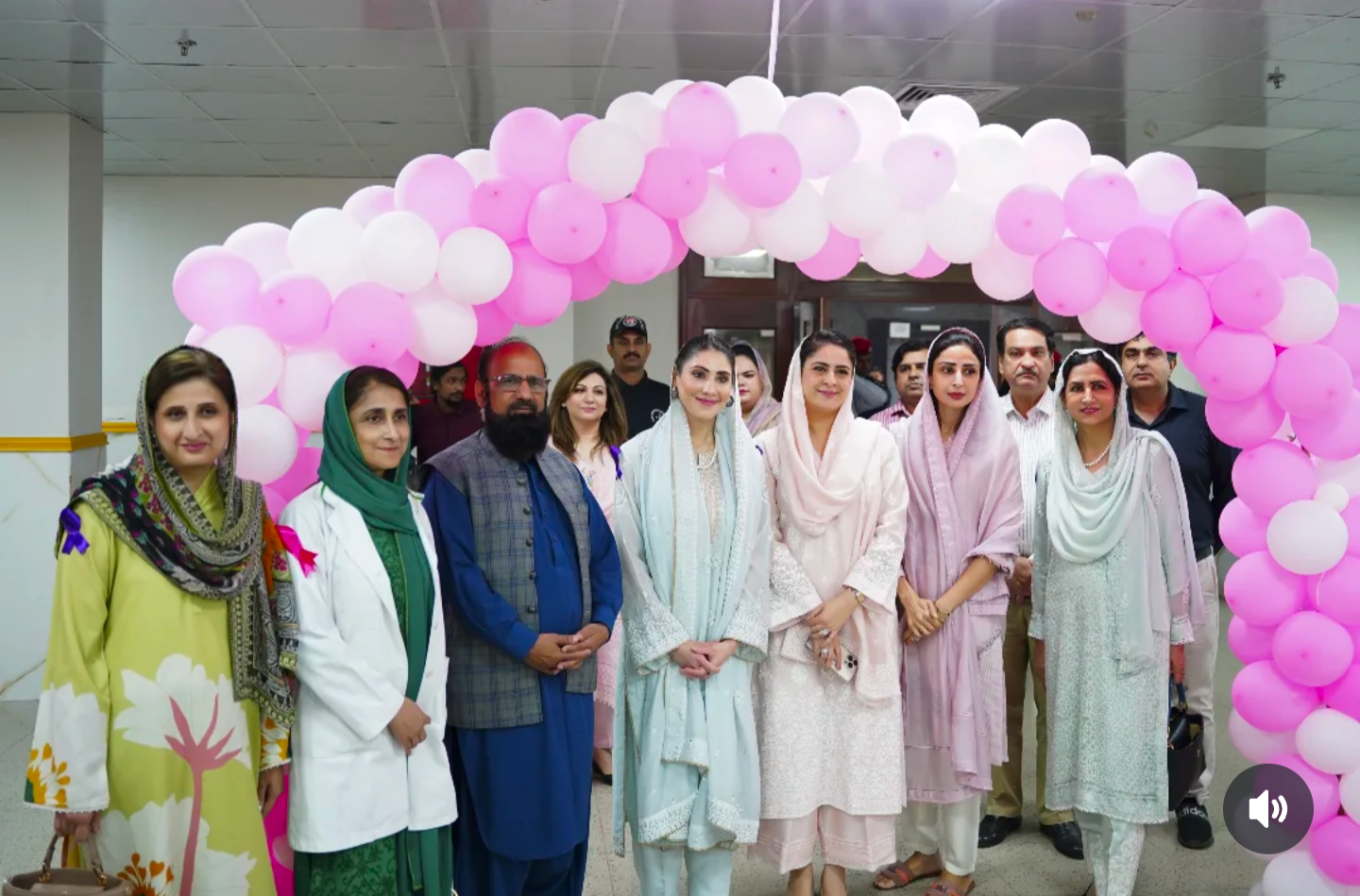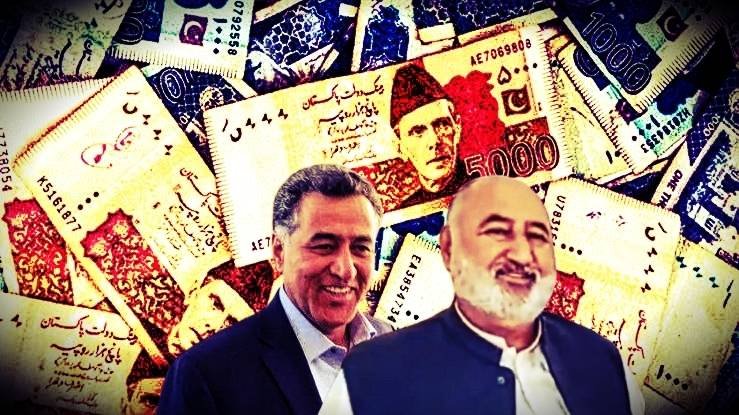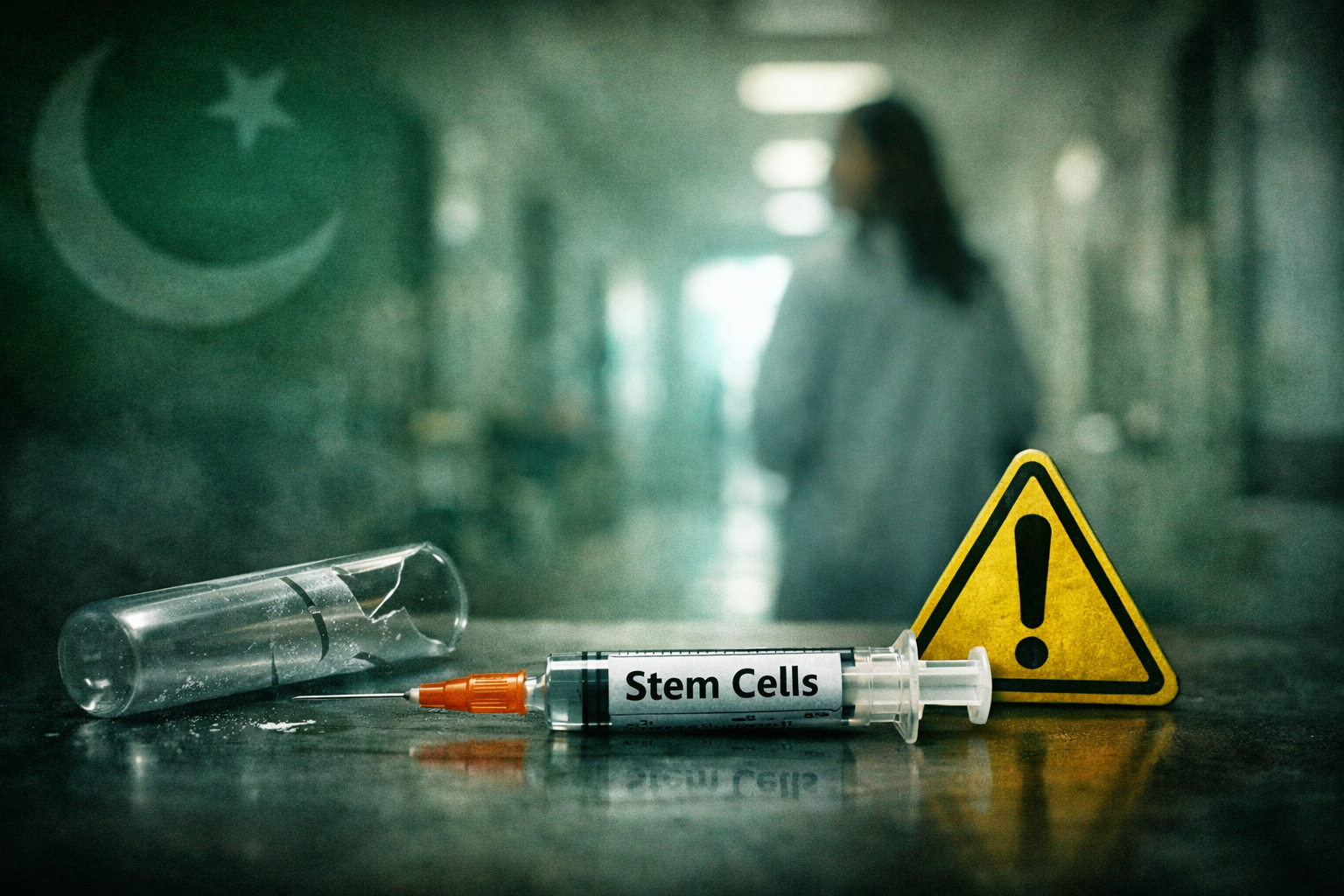
It is rare to hear women speak about a government hospital in Pakistan with comfort, gratitude — even admiration. Yet that is exactly what is happening at the state-of-the-art Breast Imaging and Radiology Unit at Sir Ganga Ram Hospital, Lahore, where a new standard of dignity, accuracy and women-centred healthcare is quietly reshaping public perception of state medical facilities.
At the heart of this shift is Dr Verda Ashraf, a senior diagnostic radiologist whose work has earned her a reputation not only for clinical precision but for the calm, empathetic and reassuring way she deals with women who arrive anxious, vulnerable and fearful of what their scans might reveal.
One woman who recently underwent a mammogram at the unit said she had spent years visiting expensive private facilities because she did not trust public hospitals, but her experience at Ganga Ram changed that entirely:
It was the first time I walked into a government hospital and did not feel like a burden or a number. The staff was professional, the place was spotless, the process was smooth — and Dr Verda was so soft-spoken and respectful that she turned something frightening into something manageable.
Another patient described her experience as the first time a doctor spoke to her before touching the machine, explaining each step, asking if she was comfortable, and treating her with what she called “medical kindness — the thing most hospitals forget.”
Dr Verda Ashraf is part of a highly skilled team that includes respected senior figures such as Professor Dr Mahjabeen Masood and Dr Saman Chaudhry, who have helped strengthen the department’s academic and clinical structure. But it is Dr Verda’s patient-centred approach — quiet, composed, technically strong — that many women now associate with the unit’s growing reputation.
The facility itself is equipped with high-resolution mammography, complementary ultrasound, and a female-led technical team — a critical detail in a country where cultural barriers often delay screening. The staff layout, waiting area, privacy design and workflow all appear intentionally built around women’s comfort rather than institutional routine.
This is not a small achievement. Pakistan has one of the highest breast-cancer mortality rates in the region, not because treatment is unavailable, but because diagnosis comes too late. Early detection through mammography is the difference between survival and tragedy — but women will only come forward when they feel safe, respected and understood. That is the barrier this unit has begun to break.
And it is doing so without financial exclusion. Patients report that their mammogram and ultrasound cost a fraction of private-hospital rates — making diagnostic care affordable without compromising quality. “The technology was the same, but the bill was not,” one visitor said. “It almost felt unreal.”
In a public health system often criticised for apathy, this radiology unit is proof that excellence is not impossible — it is simply a matter of leadership, design and intent. When a department treats women as humans, not files, the result is trust. When trust replaces fear, screening replaces silence. And when screening becomes normal, lives are saved.
As one woman said while leaving the unit:
“Those few minutes could save your life. If women knew what kind of care they would get here, they would stop delaying. They would walk in sooner — not after it’s too late.”
That is the impact of Dr Verda Ashraf’s work — not loud, not publicised, but deeply human. In a country where dignity in healthcare is often treated as a luxury, she and her team have proven that it can, in fact, be the standard.
For every woman reading this: if you are over 40, have a family history, or simply feel uncertain — get screened. Early is better than brave.








